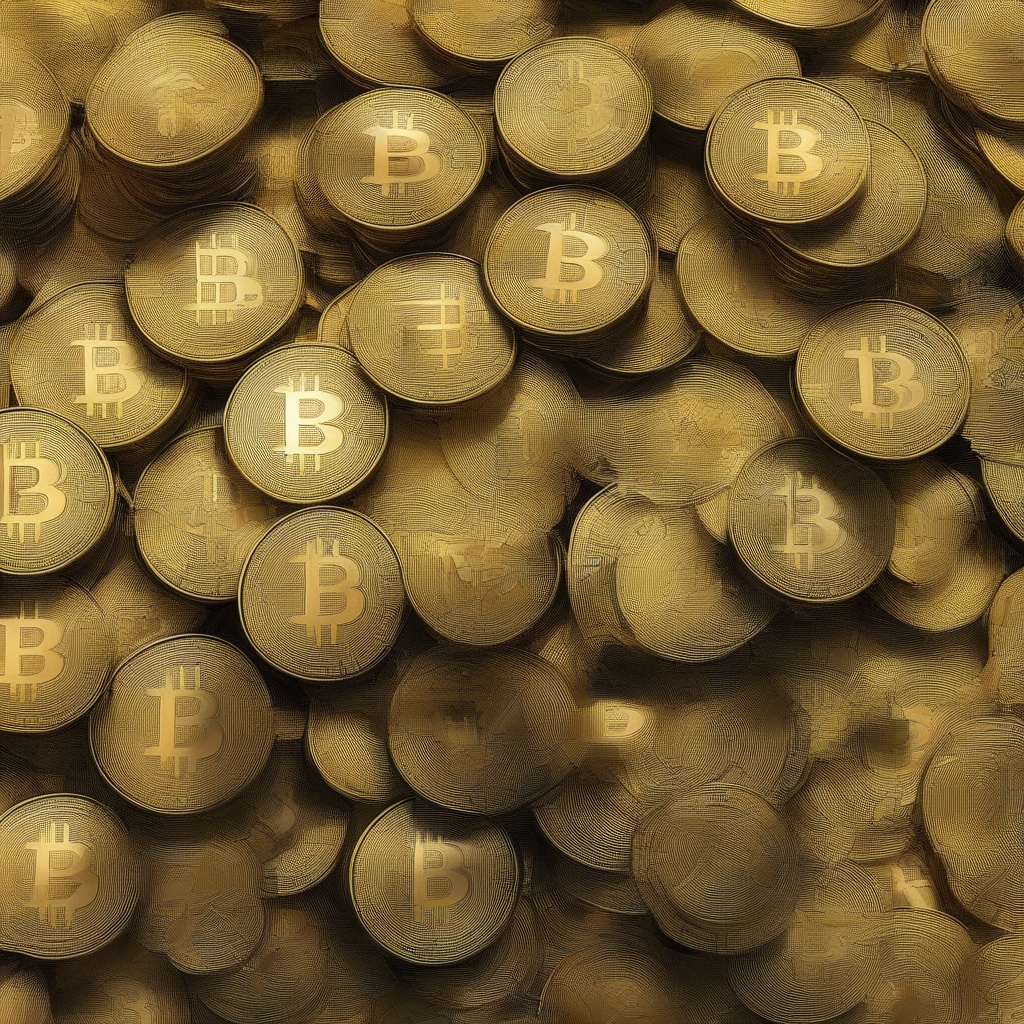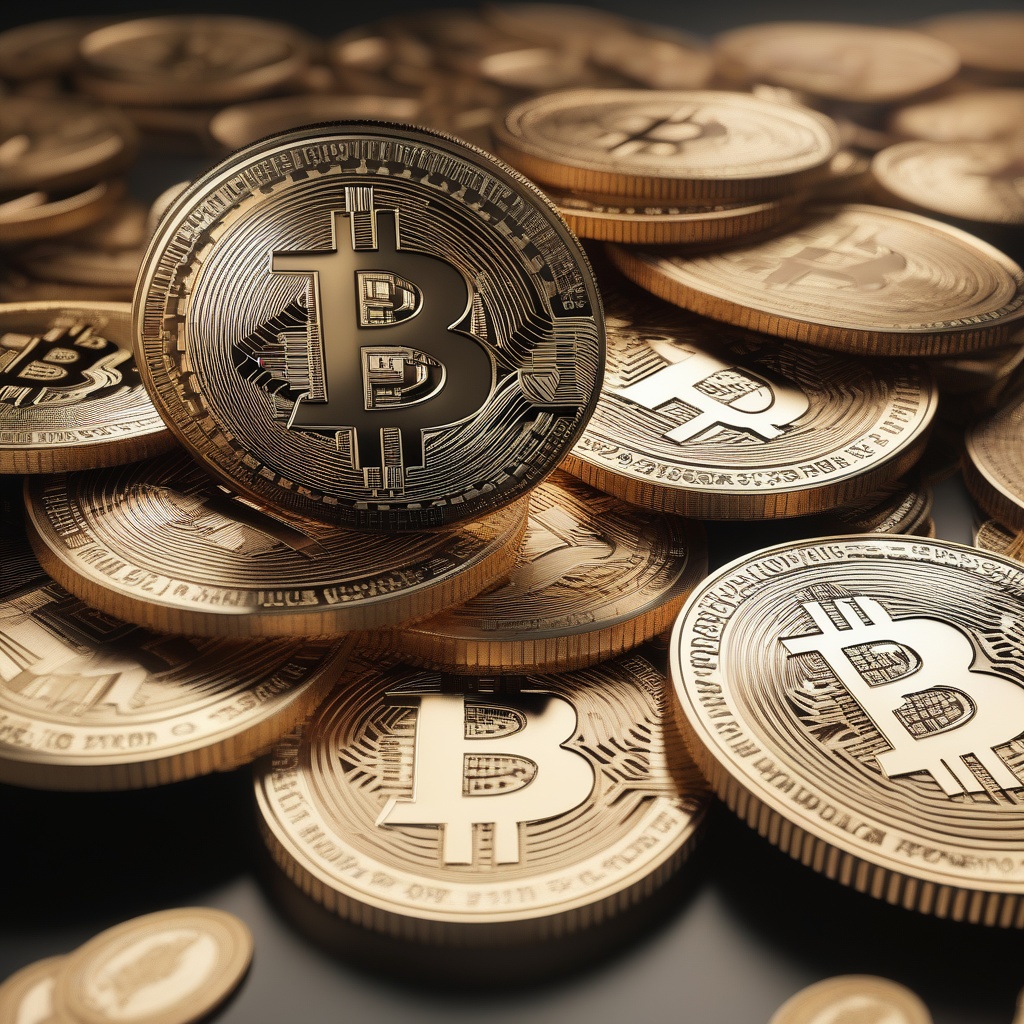Which cryptocurrencies are supported by a non-custodial wallet?
When it comes to non-custodial wallets, the range of cryptocurrencies supported can vary significantly depending on the specific wallet provider. Typically, these wallets offer the freedom to manage your own private keys and have direct access to your funds, without relying on a third-party custodian. However, the exact cryptocurrencies supported will depend on the wallet's integration and compatibility. Common cryptocurrencies like Bitcoin, Ethereum, Litecoin, and others are often supported, but it's essential to check the wallet's official documentation or website to confirm which currencies are compatible. Additionally, some wallets may offer support for a wider range of altcoins and tokens, so it's worth exploring the options to find the right fit for your needs.

Should you choose a non-custodial Crypto Wallet?
Should you opt for a non-custodial crypto wallet? This is a question that many crypto enthusiasts grapple with. Non-custodial wallets, also known as decentralized wallets, offer users complete control over their private keys, meaning they have sole access to their funds. This autonomy comes with significant advantages, such as the ability to transact without relying on third-party intermediaries and the peace of mind that your funds are not subject to the risks of centralized custodians. However, this control also brings with it the responsibility of managing your own private keys securely, which can be challenging for those unfamiliar with cryptography. Additionally, non-custodial wallets may not provide the same level of user support and features as custodial solutions. Given these considerations, it's crucial to weigh the pros and cons carefully before deciding if a non-custodial wallet is right for you.

Is it safe to store a recovery seed in a non-custodial Crypto Wallet?
Is it really safe to entrust our recovery seed to a non-custodial crypto wallet? Could there be any potential risks involved in this practice? Given the sensitivity of the recovery seed, shouldn't we be extra cautious about where we store it? After all, it's the key to accessing our crypto assets. What measures does a non-custodial wallet take to ensure the safety of our recovery seed? Are there any known instances of recovery seeds being compromised in non-custodial wallets? Should we consider alternative methods of storing our recovery seed for added security?

Can I sell my crypto on Trust wallet?|. Unlike other others, such as Binance or Coinbase, Trust Wallet is a non-custodial wallet. This means that users have full control over their private keys and can access their funds without relying on a third party.Yes, users can buy and sell cryptocurrency on Trust Wallet
Can you please clarify for me, is it possible to sell my cryptocurrency holdings using the Trust Wallet? Given that Trust Wallet differs from other wallets like Binance or Coinbase, being a non-custodial wallet, I'm curious about the level of autonomy it provides. Does this autonomy extend to selling crypto as well? If so, how does the process work within Trust Wallet's platform?

